Mundelein Animal Hospital
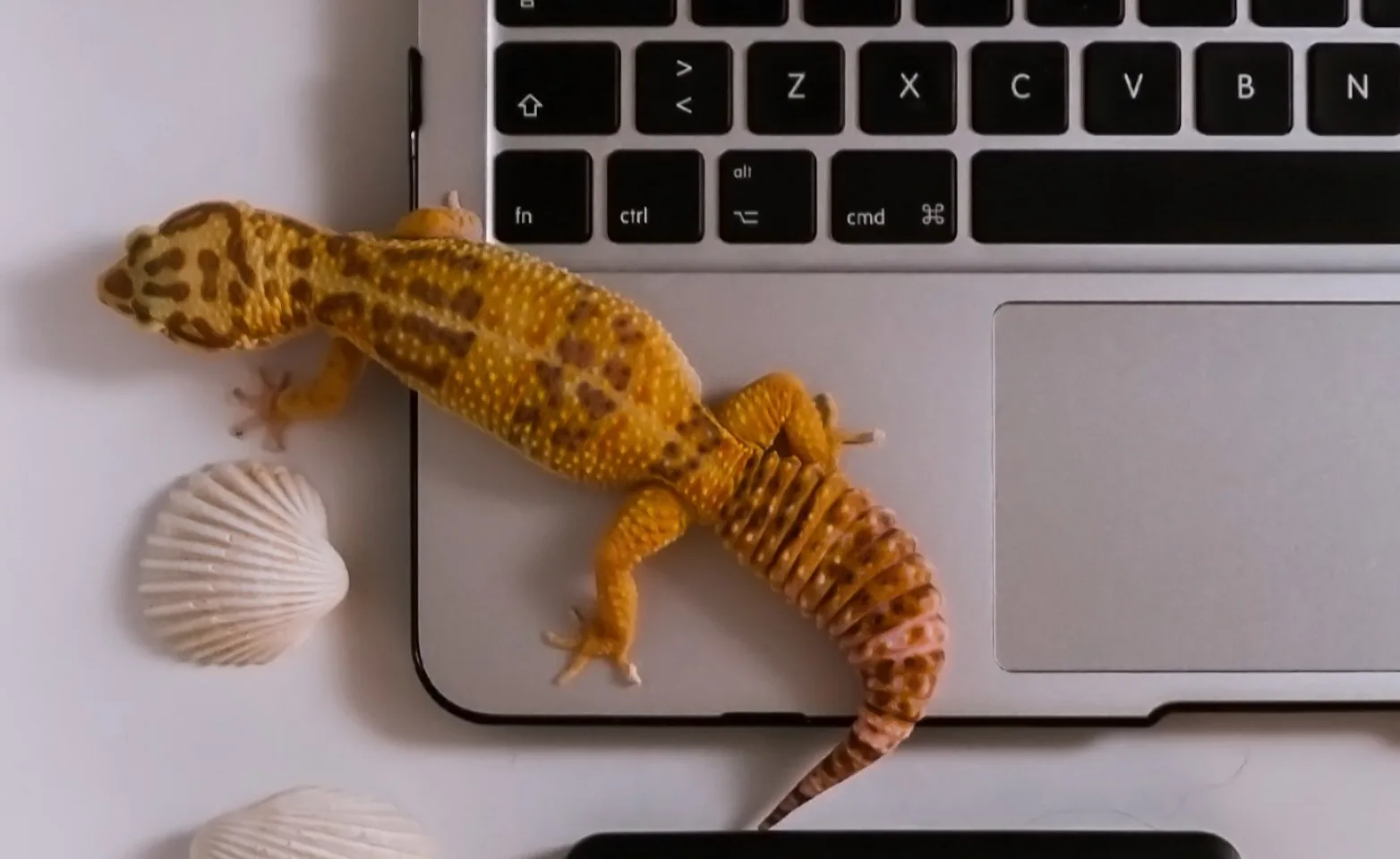
Exotic Animal Care
Dr. Shannon Long and Dr. Abby Curiel love exotic pets. They find them fascinating animals and feel they can enrich our lives and broaden our understanding of the animal kingdom and the world we live in. To properly care for exotic animals we need a thorough understanding of natural behavior, environment, and diet. Many exotic pets are prey animals and they are experts at masking their feelings and hiding illnesses, so as not to become a target for a predator. With regular veterinary examinations we can establish baseline weights, identify body condition, discuss diet, housing and environmental enrichment. All are important in providing responsible care of our exotic companions.
Small Mammals
Transport your small mammals and birds to our clinic in secure airline kennels or carriers. Bring any treats that may help calm your pet. Always include food for herbivores.
Reptiles, Amphibians, and Birds
We can augment physical examinations with other diagnostic tests such as blood testing, radiographs and parasite checks. Preventative medicine can help us better provide for the exotic animals we have taken into our homes.
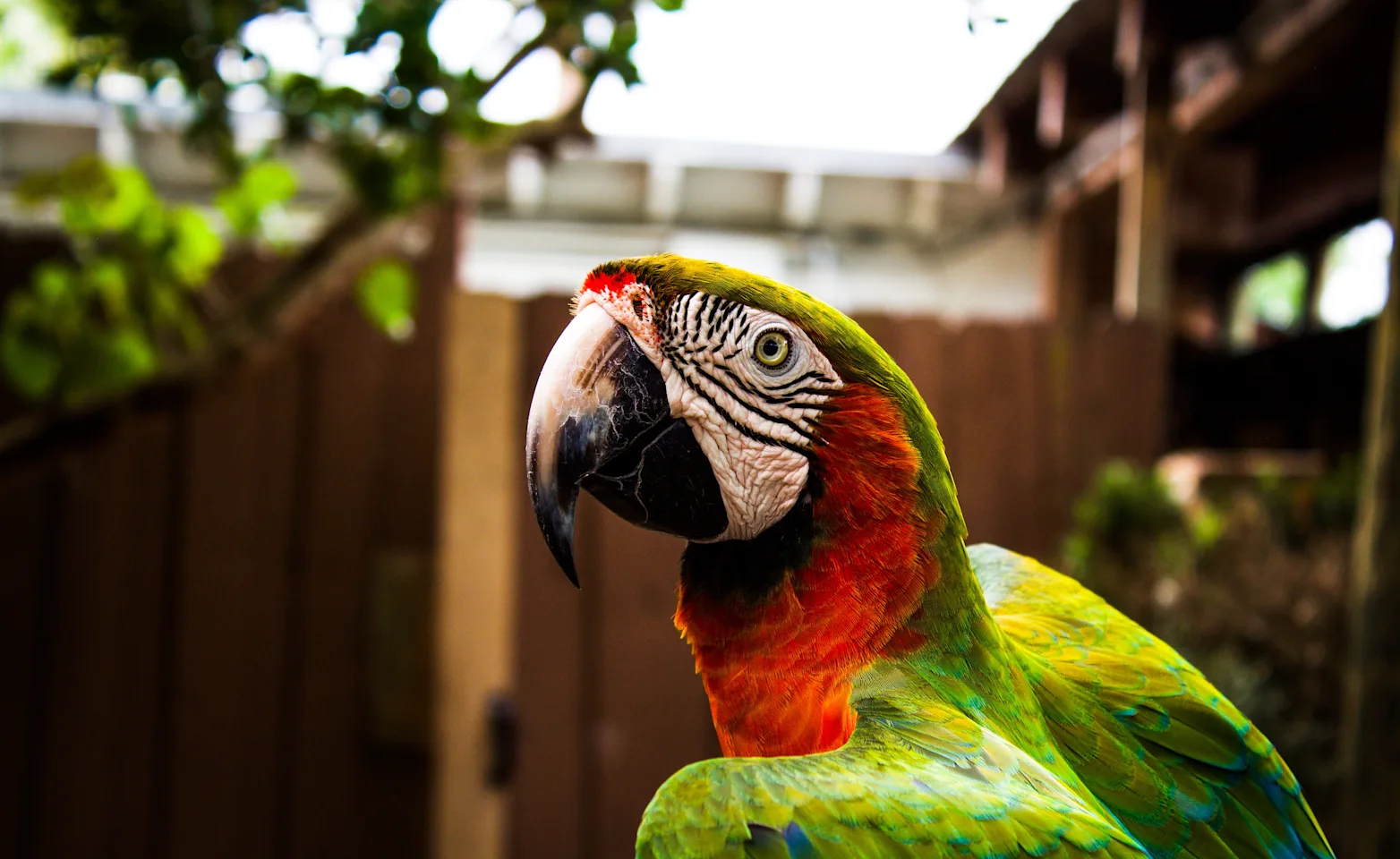
Birds
Many volumes could be filled with what has been written on bird nutrition. Unfortunately, these are rarely based on sound scientific research. The sad truth is that nobody knows exactly what constitutes a complete diet for many bird species. This is compounded by the diverse nature of the birds, in that there are differences among species both in behavior and their natural history. It is probably truthful to say that they don’t all have the same requirements. There are many other factors that influence avian nutrition in captivity, including maintenance in a foreign climate, breeding status vs. pet and other environmental stresses.
Three facts are true about the nutrition of the parrots particularly:
None of these birds would, in the wild, eat a diet of high oil seeds (sunflower, safflower, peanuts, etc.).
The use of oil seeds as the foundation of a bird’s diet leads to nutritional deficiencies and eventually death.
Typically birds that live to an older age eat a wide variety of foods, often eating from the table with their owners
Dr. Long and Dr. Curiel both enjoy seeing smaller birds. If you have large birds such as Cockatoos or Macaws we recommend Midwest Bird and Exotics.
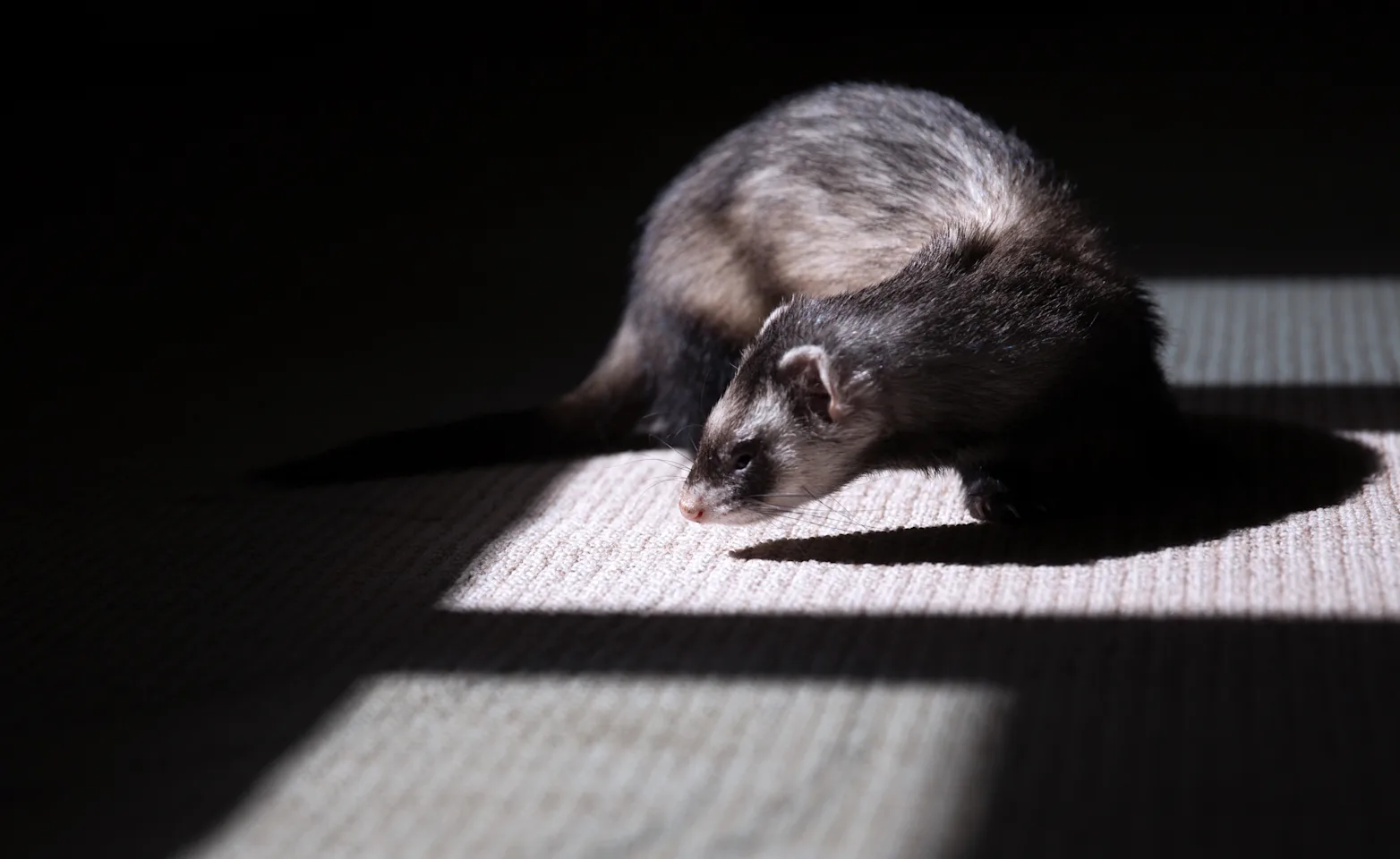
Chinchillas
Chinchillas are very fun pets to have and easy to care for, but there is a lot of false information out there, especially on the internet and sometimes from pet stores, so make sure to see a veterinarian regarding proper care, caging, bedding and diet before buying all the "wrong stuff." There are only a few veterinarians in Chicago and the Chicago suburbs that specifically care for chinchillas and other exotic pets, including the veterinarians at Mundelein Animal Hospital
Life Span: 10 – 18 years
Environment Temperature Range: 60F - 75F
Body Temperature: 97F – 100F
Gestation Period: 111 days
Litter Size: 1 – 5 (range) 2 (average)
Weaning Age: 6-8 weeks
Ferrets
Ferrets are inquisitive, lively and charming little creatures that have captured the hearts of thousands of people around the world. They have an average lifespan of five to seven years with the current record being 14 years. The scientific name Mustela purorious furo means “little smelly thief." Ferrets are the domesticated form of either the Eastern or Western European polecat. They have been domesticated since at least 300 BC and were originally used for rodent control and to hunt rabbits. The majority of ferrets in the world today are kept as pets either in the house. We will discuss the general care requirements of the ferret as well as some of the diseases you should be aware of. There are also several fine books available on the subject of ferret care.
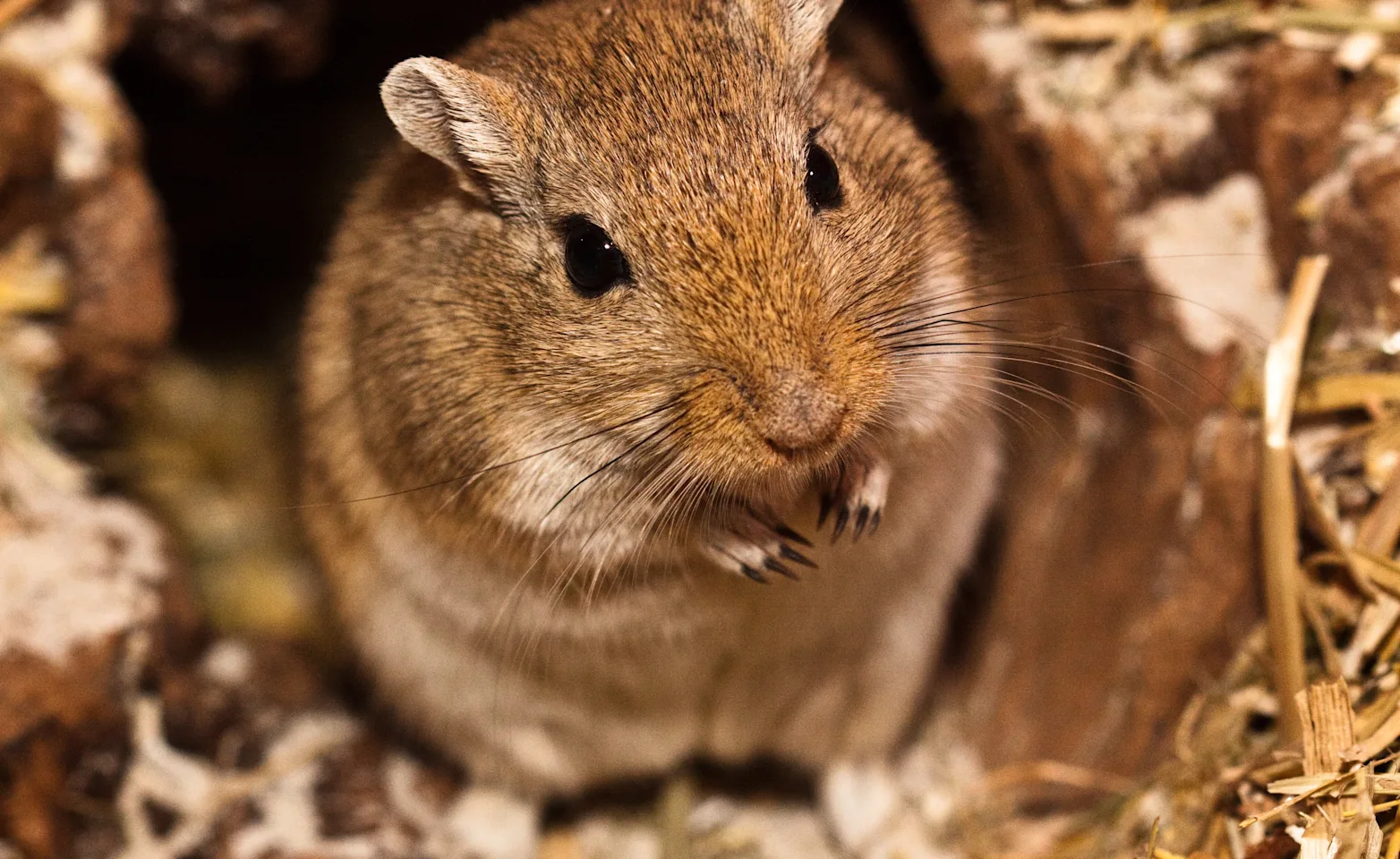
Gerbils
Gerbils are very fun pets to have and easy to care for, but there is a lot of false information out there, especially on the internet and sometimes from pet stores, so make sure to see a veterinarian regarding proper care, caging, bedding and diet before buying all the "wrong stuff." There are only a few veterinarians in Chicago and the Chicago suburbs that specifically care for gerbils and other exotic pets, including the veterinarians at Mundelein Animal Hospital.
Scientific Name: Meriones unguiculatus
Life Span: 2–4 years
Environment Temperature Range: 65F - 85F
Relative Humidity Range: 30–50%
Breeding Range: 10-12 weeks
Estrous Cycle: 4-6 days
Gestation Period: 24–26 days -- 27–48 days (with lactation)
Litter Size: 3-7 young
Weaning Age: 21 days
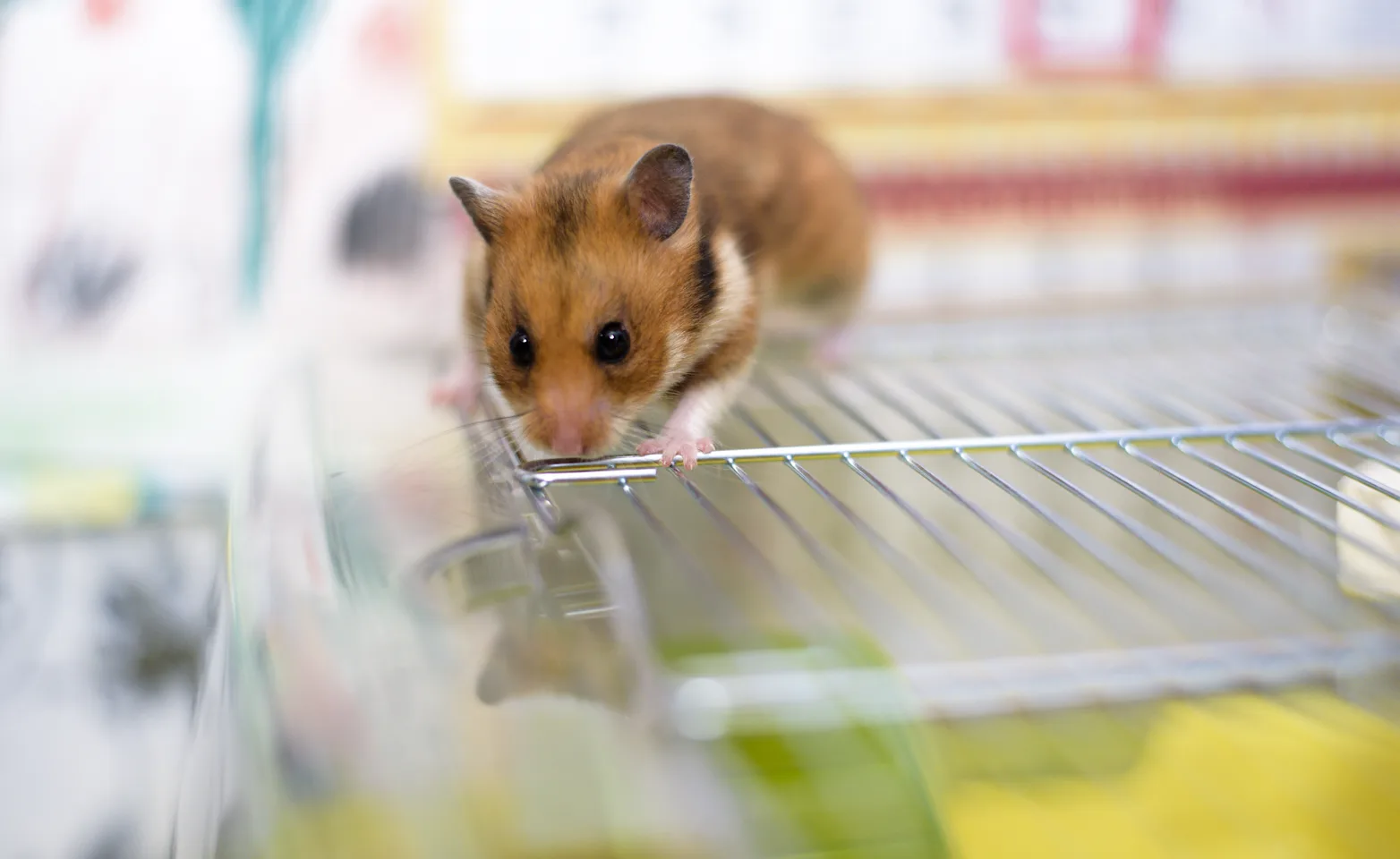
Hamsters
Hamsters are very fun pets to have and easy to care for, but there is a lot of false information out there, especially on the internet and sometimes from pet stores, so make sure to see a veterinarian regarding proper care, caging, bedding and diet before buying all the "wrong stuff." There are only a few veterinarians in Chicago and the Chicago suburbs that specifically care for hamsters and other exotic pets, including the veterinarians at Mundelein Animal Hospital.
Life Span: 2-3 years
Environment Temperature Range: 65F-80F
Relative Humidity Range: 40-70%
Breeding Range: 10-14 Months (male) -- 6-10 months (female)
Gestation Period: 15-16 days
Litter Size: 5+10 young
Weaning Age: 21-25 days
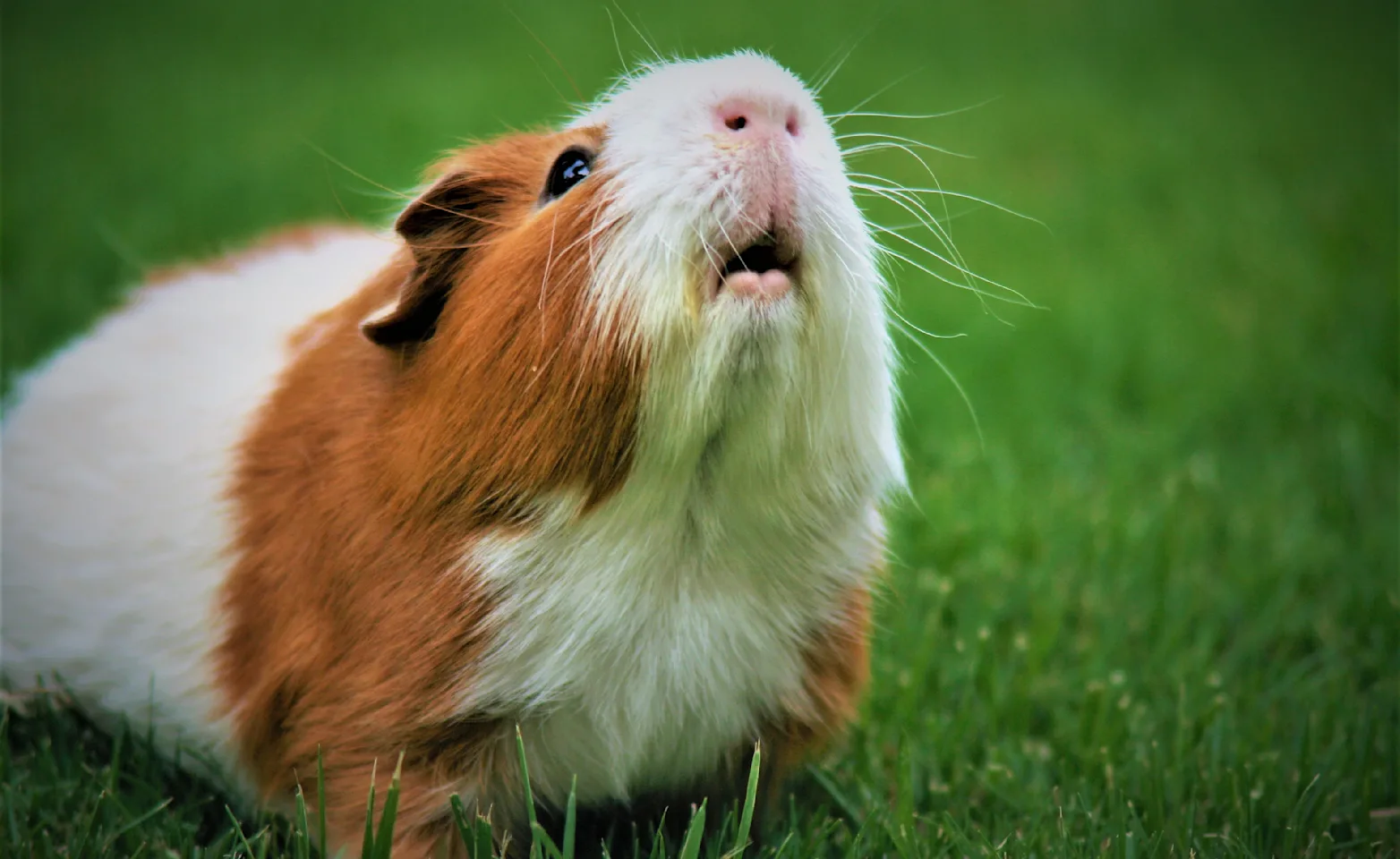
Guinea Pigs
Guinea pigs are very fun pets to have and easy to care for, but there is a lot of false information out there, especially on the internet and sometimes from pet stores, so make sure to see a veterinarian regarding proper care, caging, bedding and diet before buying all the "wrong stuff." There are only a few veterinarians in Chicago and the Chicago suburbs that specifically care for guinea pigs and other exotic pets, including the veterinarians at Mundelein Animal Hospital.
Scientific Name: Cavia porcellus
Life Span: 4-5 years
Environment Temperature Range: 65F-75F
Relative Humidity Range: 40-70%
Breeding Range: 3-4 Months (male) -- 3-7 months (female)
Litter Size: 1-6 range -- 3-4 average
Weaning Age: 2-3 weeks
African Hedgehogs
African hedgehogs are remarkably hearty pets considering the short amount of time they have been maintained in captivity and how much there is still to learn about their captive dietary requirements. However, you may be faced with a situation where your pet needs medical attention. It is advisable to find a veterinarian who will be willing to treat your unusual pet before an emergency arises.
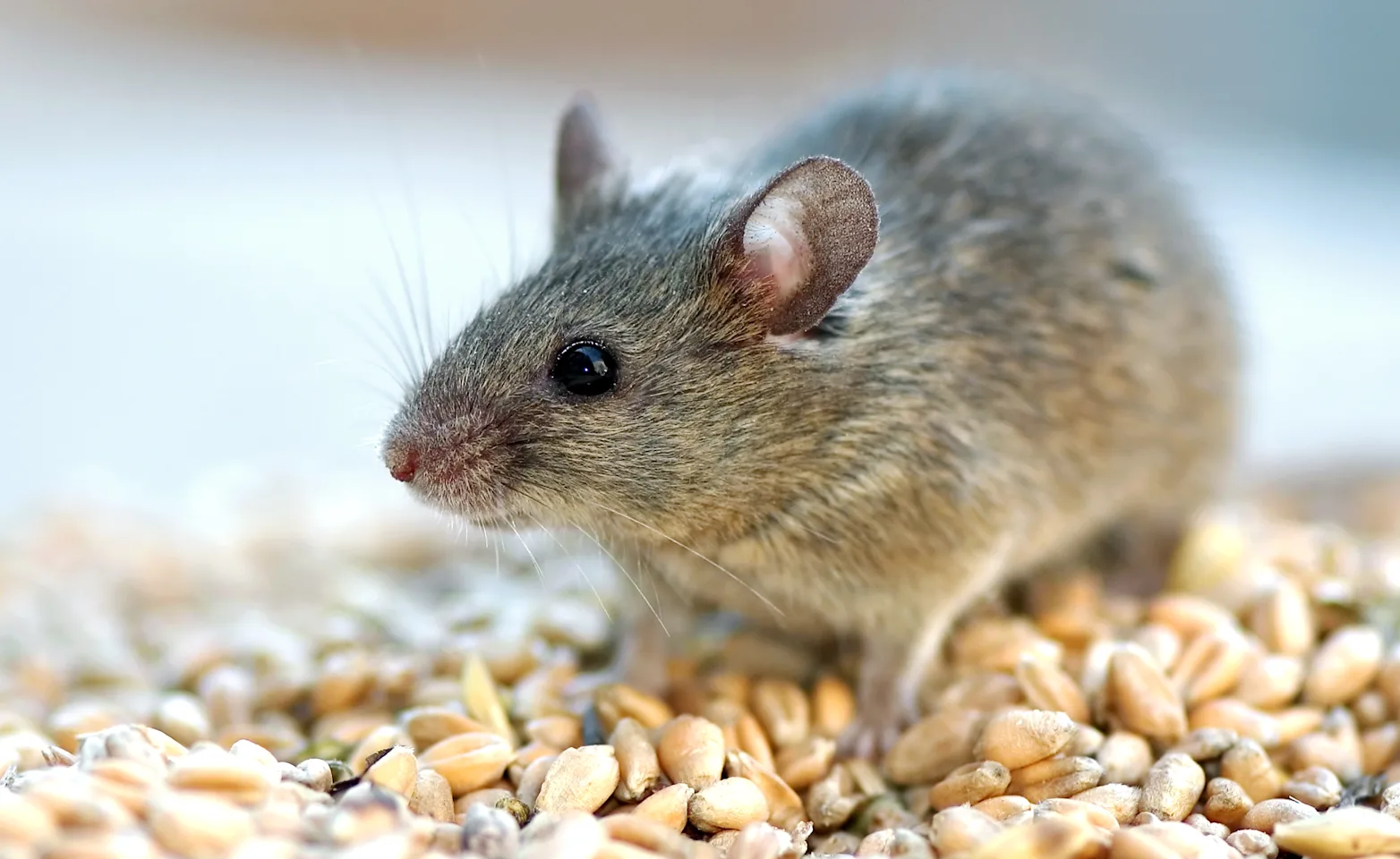
Mice & Rats
Mice and rats are very fun pets to have and easy to care for, but there is a lot of false information out there, especially on the internet and sometimes from pet stores, so make sure to see a veterinarian regarding proper care, caging, bedding and diet before buying all the "wrong stuff." There are only a few veterinarians in Chicago and the Chicago suburbs that specifically care for mice and rats and other exotic pets, including the veterinarians at Mundelein Animal Hospital
Life Span: 1.5-3 year, 2.5-3.5 years
Environment Temperature Range: 65F-80F, 65F-80F
Relative Humidity Range: 40-70%, 40-70%
Breeding Range: 50(m)-50-60(F) days, 65-110 days
Estrous Cycle: 4-5 days, 4-5 days
Gestation Period: 19 – 21 days, 21-23 days
Litter Size: 10-12 young, 6-12 young
Weaning Age: 12-28 days, 21 days
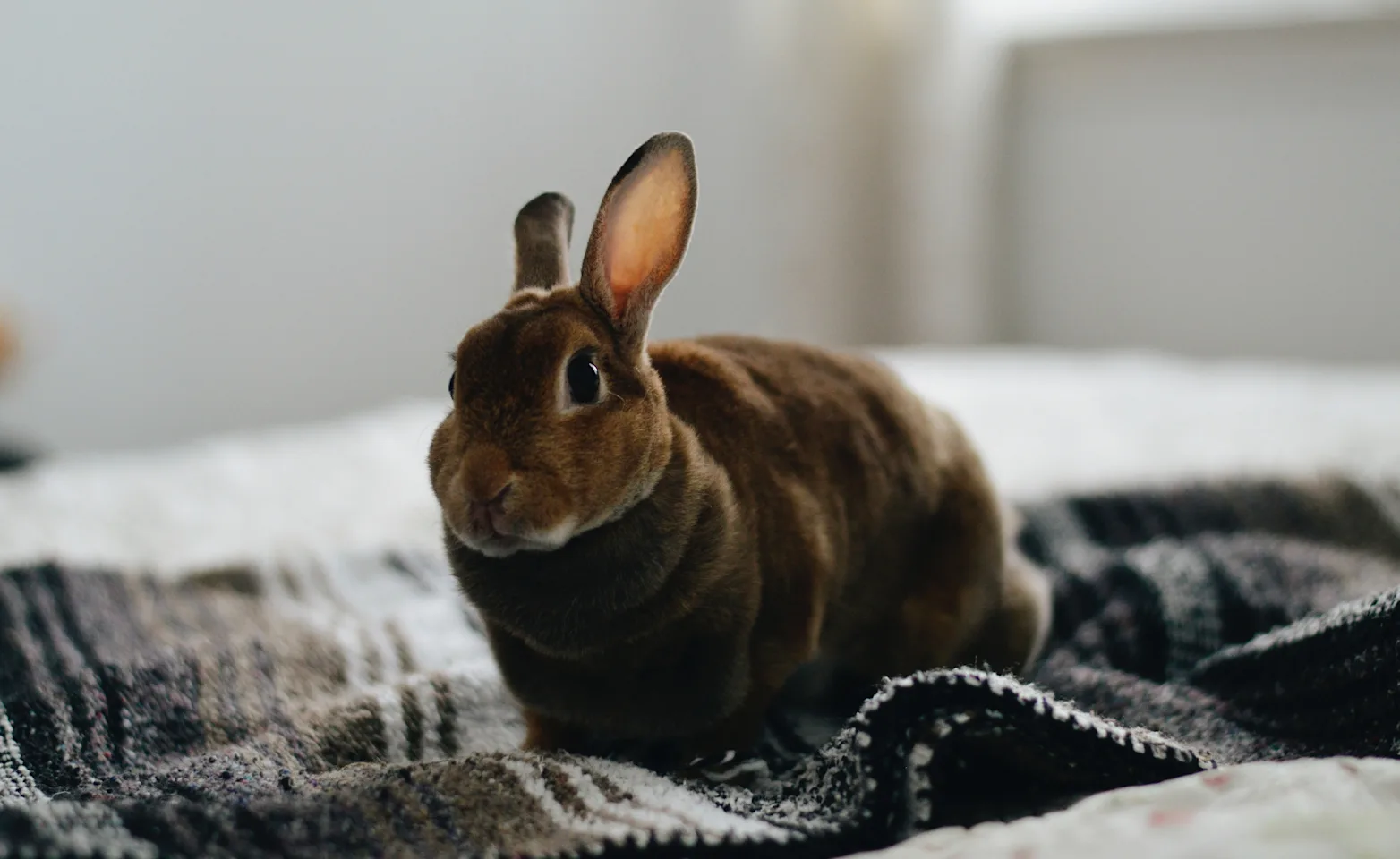
Rabbits
Rabbits can make intelligent, friendly and quiet house pets. The average life span for a bunny is 7 to 10 years with records of up to 15 years of age reported. The following information is provided to help you enjoy a happy, healthy relationship with your little friend. In addition to this handout there are a number of excellent books on the topic of rabbit health care that you may wish to consult. There is a lot of false information out there about how to properly care for rabbits, especially on the internet and sometimes from pet stores, so make sure to see a veterinarian regarding proper care, caging, bedding and diet before buying all the "wrong stuff." There are only a few veterinarians in Chicago and the Chicago suburbs that specifically care for rabbits and other exotic pets, including the veterinarians at Midwest Bird & Exotic Animal Hospital.
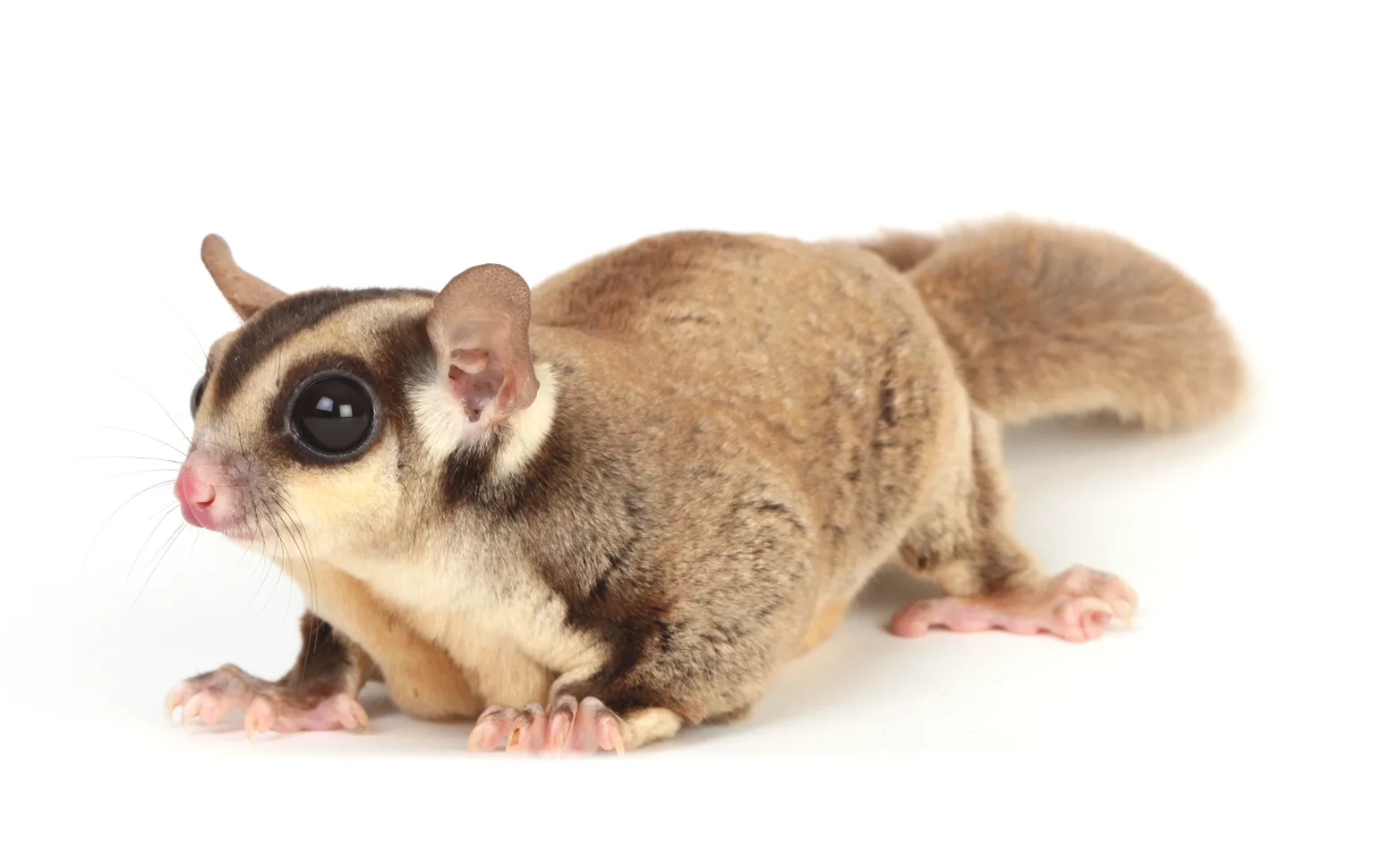
Sugar Gliders
Sugar gliders can be very fun pets, but are not always easy to properly care for, and there is a lot of false information out there, especially on the internet and sometimes from pet stores, so make sure to see a veterinarian regarding proper care as soon as you get your glider! Discuss caging, bedding and especially diet before buying all the "wrong stuff." There are only a few veterinarians in Chicago and the Chicago suburbs that specifically care for sugar gliders and other exotic pets, including the veterinarians at Mundelein Animal Hospital.
Prarie Dogs
Prairie dogs are very fun pets to have and easy to care for, but there is a lot of false information out there, especially on the internet and sometimes from pet stores, so make sure to see a veterinarian regarding proper care, caging, bedding and diet before buying all the "wrong stuff." There are only a few veterinarians in Chicago and the Chicago suburbs that specifically care for prairie dogs and other exotic pets, including the veterinarians at Mundelein Animal Hospital
